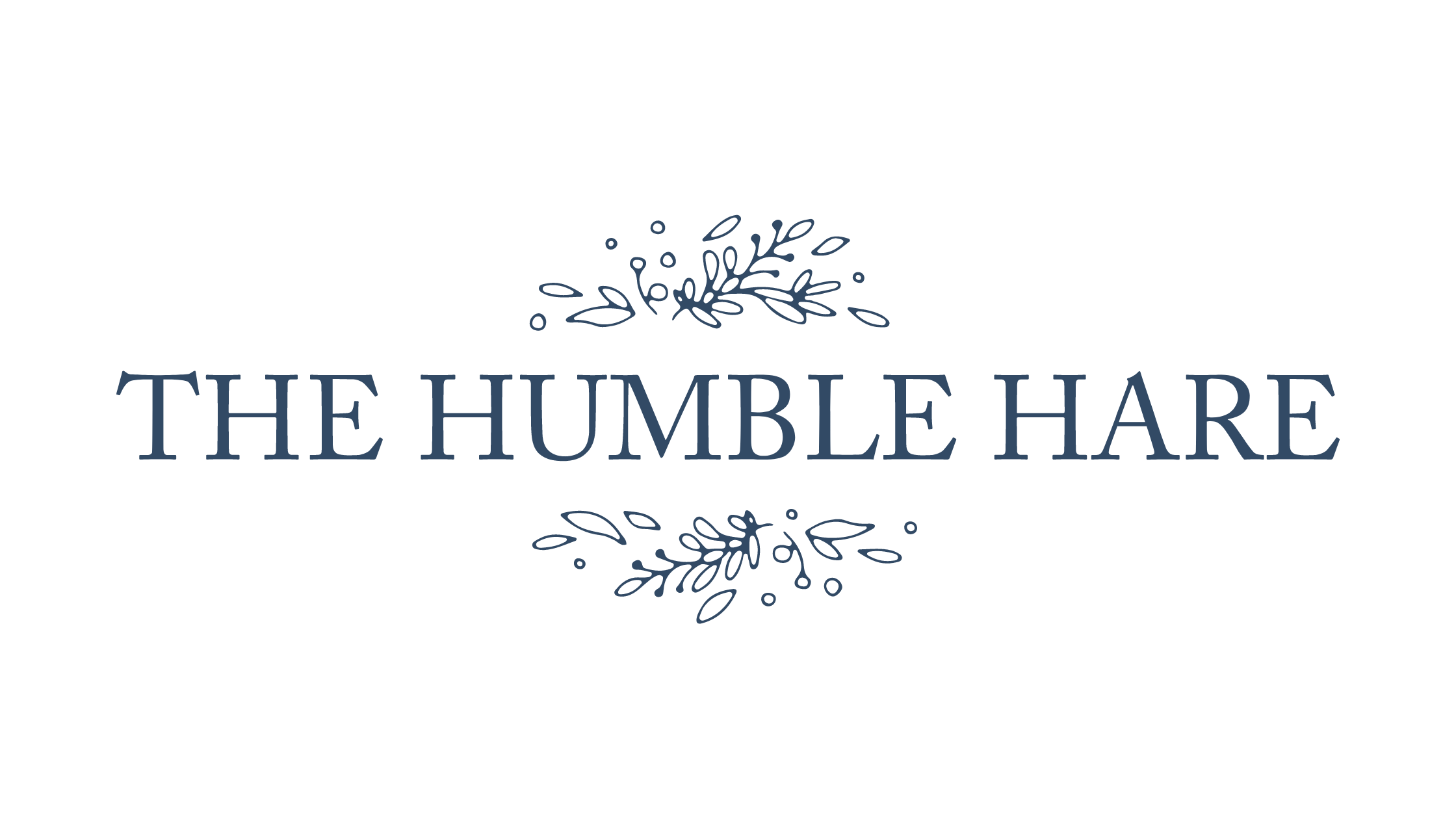The Humble Hare HQ is nestled away in the beautiful Essex countryside, but for our first horse design we ventured into our neighbouring county of Suffolk. The stunning Suffolk farmland is home to the oldest English breed of working horse: the Suffolk Punch!

© D. Hayter
With its distinctive 'chesnut' coat (traditionally always spelled without the middle 't') and robust physique, this majestic heavy horse stands as a testament to the rich agricultural heritage of East Anglia. The roots of the Suffolk Punch trace back centuries, with its origins deeply embedded in the farming landscape of Suffolk. The first recorded mention of the breed is in William Camden's Britannia in 1586, and the first Stud Book for the breed began in 1768 with Crisp's Horse of Ufford, the foundation sire from which all modern Suffolk Punch horses are descended.
The Suffolk Punch is chesnut in colour, and only chesnut, with seven shades ranging from light to liver acceptable for the breed standard. The name 'Punch' comes from old English, meaning a short person with a stout build, which describes the breed well! They have a compact and heavy confirmation, and are on the shorter side for a draught horse with mares around 16hh and stallions reaching over 17hh. The neck is muscular and crested, and they are strong and stocky in the body with a wide chest.
The isolation of the Suffolk countryside and the fact that farmers rarely needed to sell their horses meant that the breed changed very little over hundreds of years, retaining their characteristic strength and stamina. Their strength, endurance, and lovely gentle disposition endeared the breed to East Anglian farmers. Historically the Suffolk Punch temperament meant that they were ideal for helping with farm work, including ploughing, hauling and pulling carts. This made these wonderful horses an integral part of the rural economy during the 19th and early 20th centuries. During the First World War they were also used by the army to pull supply wagons and guns.

© D. Hayter
The Suffolk Punch is one of the rarest horse breeds in the world. In the aftermath of two World Wars, tractors and machinery replaced the Suffolk Punch, and as a result, their numbers dwindled drastically. Today's Suffolk Punch horses reflect the long history of the breed, and are considered living treasures. They are classified as critically endangered by the Rare Breeds Survival Trust in the UK. The perilous decline in numbers has placed this magnificent breed on the brink of extinction, they are rarer than the giant panda!
Despite the challenges, dedicated breed enthusiasts, conservation organisations, and passionate individuals have rallied to preserve this iconic breed. Through meticulous breeding programs and concerted efforts to raise awareness of the breed, initiatives have been undertaken to safeguard the future of the Suffolk Punch. Nowadays there is growing interest in using Suffolk Punch horses for environmentally friendly logging, they are gaining popularity among larger riders, and they are a firm favourite at agricultural shows in their traditional harness.
The importance of preserving the Suffolk Punch goes beyond mere conservation efforts. It represents a living link to our agricultural past, embodying the hard work, resilience, and symbiotic relationship between humans and animals. Its survival is a testament to the need for biodiversity and the preservation of heritage breeds that hold cultural significance.
Here at the The Humble Hare we are taking steps to support the conservation efforts, beginning with our new range of multipurpose marble platters and coasters featuring the Suffolk Punch! We hope that this collection helps to raise awareness of this heritage breed.
We are also delighted to be supporting the work of The Suffolk Punch Trust by adopting Edith, one of their beautiful mares. All of the money raised through the adoption donations goes straight back into caring for The Suffolk Punch Trust's horses, and supports their breeding programme.

And this is just the beginning... We are committed to supporting heritage horse breeds and have lots of other exciting ideas to come!
A huge thank you to Dennis for sharing his wealth of knowledge, advice and photographs with us.
And many thanks to Sonja at The Suffolk Punch Trust for sharing the photo of Edith.

